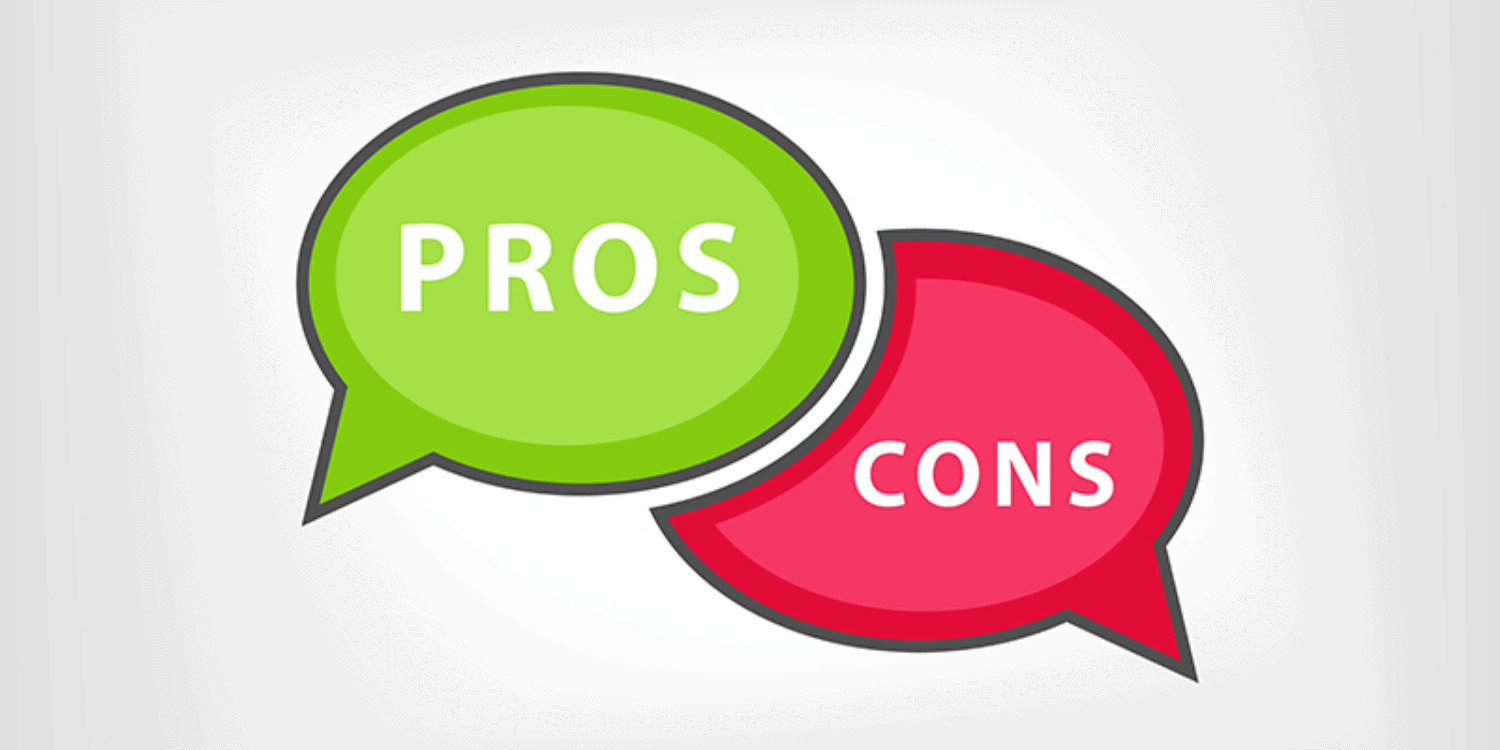Can you be successful freelancing in the creative industry?
Freelancing, defined by Investopedia is “an independent contractor who earns wages on a per-job or per-task basis, typically for short-term work.” Promoting yourself and acquiring jobs or short-term contracts can be very difficult within the creative industries and animation world, but it can also bring many benefits and experience. There are different pros and cons to working as a freelancer which will be discussed further on.
Key
skills required for freelancing:
There are
many key skills you will need when freelancing within the animation industry,
these skills can be learned though personal projects, working in group projects
or through college and university courses. Communication is a very important
skill to have while freelancing as you will need to discuss back and forth with
your client about the projects they give you, letting them know about any
potential issues, questions about the brief, suggesting solutions to problems,
as well as regularly updating them about how much progress you have made.
Another
important skill is time management, you will need to keep track of how much
time you spend completing the project and get the work done quickly. Creating a
timetable for yourself on what tasks to complete within a certain amount of
time can help you plan out ahead of time what you want to get done on a
day-by-day basis to pace yourself. As vital as it is to complete your work fast
and before deadlines it is also important that you do not overwork yourself,
and if there are issues with the project it is crucial to communicate these
problems to your client to find a solution while remaining professional.
While
getting feedback from your client you may also find yourself in situations
where you are asked to do extra work that you may not be able to complete
within the deadline and was not included in the original brief of tasks given
to you. It is your responsibility to inform your client in a professional
manner that the extra work you do may increase the number of hours you work and
by extension, how much money you are to be paid for the project.
The
pros and cons to freelancing:
There are
pros and cons to freelancing as mentioned earlier which will now be discussed.
A pro to
freelancing is that you get to choose which projects you want to work on and
have more freedom working on them. Having more options on what you want to do means you have more control over how much time you spend working within a
day as different projects can take different numbers of hours to complete.
A con to
this is that finding work to do while being self-employed can be very competitive as how you
price yourself, your skills and how much of a presence you have online and within
the animation industry will determine which individuals or companies are
willing to hire you for a project to complete. This means that you can’t always
guarantee a job and won’t get paid holidays or sick leave as you would when
working within a company.
However, it is because of this lack of job security that when your temporary contract with a client or company ends you will be able to earn more money from them, compared to employees who work within a company that have job security and sick leave.
Flexibility
with where and when you work:
While
freelancing within the animation industry you get to decide where you work and
can move around more freely, you can either do your work at home or within your
own office. However, this can be both a benefit and a con, when working alone
you will be isolated compared to working within a company with other people. Some
individuals may prefer this and concentrate better on their own while working,
but you also loose the potential to learn new skills from other people and
create networks depending on where you’re working.
While being
self employed it is also your responsibility to manage contacts and establish
your own presence online within the creative industry to create a business for
yourself and receive work. Creating a network for yourself means that it is important to stay in contact with previous clients in case they want to
temporarily hire you again or recommend you to another potential client or
company. Attending various events that revolve not just around animation but
other fields of work within the creative industry can also bring potential to
create more networks and opportunities for future clients.
Without a
company you will also be required to pay for your own equipment, manage your
taxes and time, deal with any complaints or criticisms from clients and solve
the problems on your own and your next job isn’t always guaranteed.
Overall, in
my opinion the cons do slightly outweigh the pros. While having more flexible
work hours and freedom to choose which projects you work on can be beneficial
there is always a risk that you may not be able to find a job to do after one
is completed compared to working within a company where you are guaranteed to
have more work to do after completing a task.
I have personally done freelance work before during high school and college which was to draw pet portraits for my clients, and I found it very beneficial. While not related to animation doing these commissions did improve my communication skills with my clients when discussing the specifics of what they wanted for their drawing. I also learned time management skills as I gave myself deadlines for how much work on the portraits I should complete within a day and I will be able to make use of these skills within the animation industry.



Comments
Post a Comment